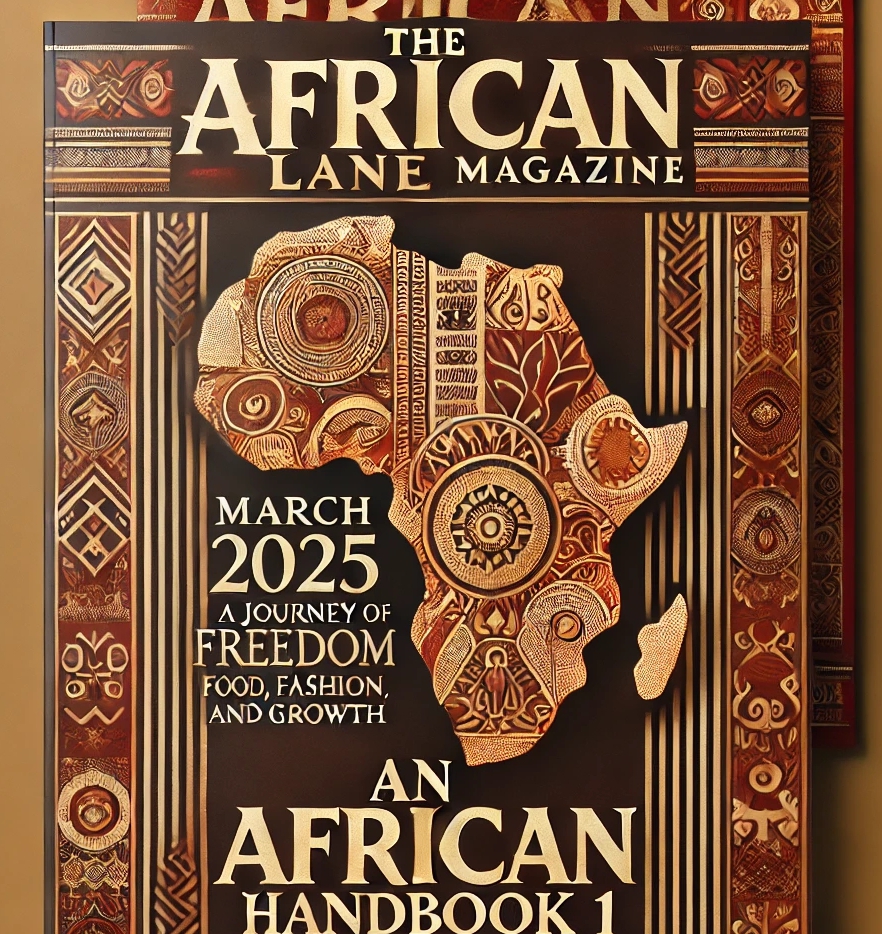5 Financial Life-Changing Tip for Every African

1. Read personal finance books
According to Outlook Money, personal finance books are powerful resources with information to improve your financial and personal life. These books cover finance, from budgeting to investing to insurance and retirement planning. So, if you want to make decisions that can positively impact your finances, consider reading personal finance books.

Reading these books will bring you closer to the harsh realities of the world and teach you the benefits of managing your finances wisely. These books teach the importance of financial management and the consequences of squandering wealth. You will learn how to structure finances, discover new markets and learn about additional ways to generate revenue and improve your income.
Personal finance books can provide Africans with financial education because they reveal information about new markets and investments. Why Didn’t They Teach Me This in School, Rich Dad Poor Dad, The Total Money Makeover and The Automatic Millionaire are some personal finance books for Africans.
2. Create a financial plan
According to The Balance, creating a financial plan is an essential money strategy that gives you a timeline and a strategy for success. You can track your progress as you work toward a measurable goal, with a greater sense of control over financial planning. Consider financial planning if you want to know the amount needed, why you’re saving, and how long it will take to reach your goals.

Creating a financial plan can have a profound impact on African households, encouraging budgeting and saving for low and high earners. Africans can create a financial plan that prioritizes savings and budgeting to meet achievable goals.
Another excellent benefit of a financial plan is its potential to enhance your investment portfolio. With your financial roadmap, you’re making informed investment decisions to prepare for significant life events, rather than spending aimlessly.
3. Begin saving
According to the Financial Express, saving is a strategy for income earners to prepare for life’s uncertainties and promote peace of mind. While people save for a variety of reasons, it’s an excellent way to avoid hardship, especially during hyperinflation in Africa. So if you want to prepare for emergencies, retirement, vacations, and education, it’s time to start saving.

Saving gives you financial freedom in Nigeria, Egypt, Senegal, South Africa, Cameroon, Uganda, Kenya or Ghana. As a result, you may never have to worry about making life decisions like changing jobs or getting married with savings.
People with savings habits typically live debt-free, plan vacations, buy a home, and fund medical emergencies. As education in Africa becomes very expensive, people with regular savings can afford tuition and support their children. If you have a sustainable savings account, you can start a new business with minimal money worries.
4. Start investing
According to Investopedia, investing is a financial strategy for building wealth and increasing your financial value. Make wise investment decisions if you want to beat inflation and add value. Consider making investment decisions with future growth and higher returns.
Smart investment decisions allow you to put your money to work and generate healthy long-term returns. In addition, you can achieve big financial goals and transform your life by investing. Africans can gain exposure to asset classes such as real estate, stocks, equities, fixed income and cash.

Keep in mind that your earnings could be your additional source of income while you reinvest the earnings from your regular job. Gains from investments like stocks, mutual funds, bonds, real estate, and businesses can ensure you live a healthy, happy life in retirement. Also, you can earn a lucrative income by investing in manufacturers, artisans, and entertainment.
5. Set realistic goals
According to The Peak Performance Center, setting realistic goals provides guidance and clarity in decision-making. If you want to take control of your future and achieve goals, you should set realistic goals. Rather than drifting aimlessly, setting and achieving goals gives you a sense of satisfaction and appreciation for your abilities.

If you want to better understand expectations, set a realistic timeline to reach your goals. It helps you evaluate your life and focus on the things that align with your plan. Additionally, with a sense of urgency, simplify your life by setting realistic goals.
You can persevere through adversity and overcome procrastination by committing to daily progress and embracing opportunities and tasks that move you forward. Additionally, setting financial goals will help you track your progress and keep motivated.
Images: Google





